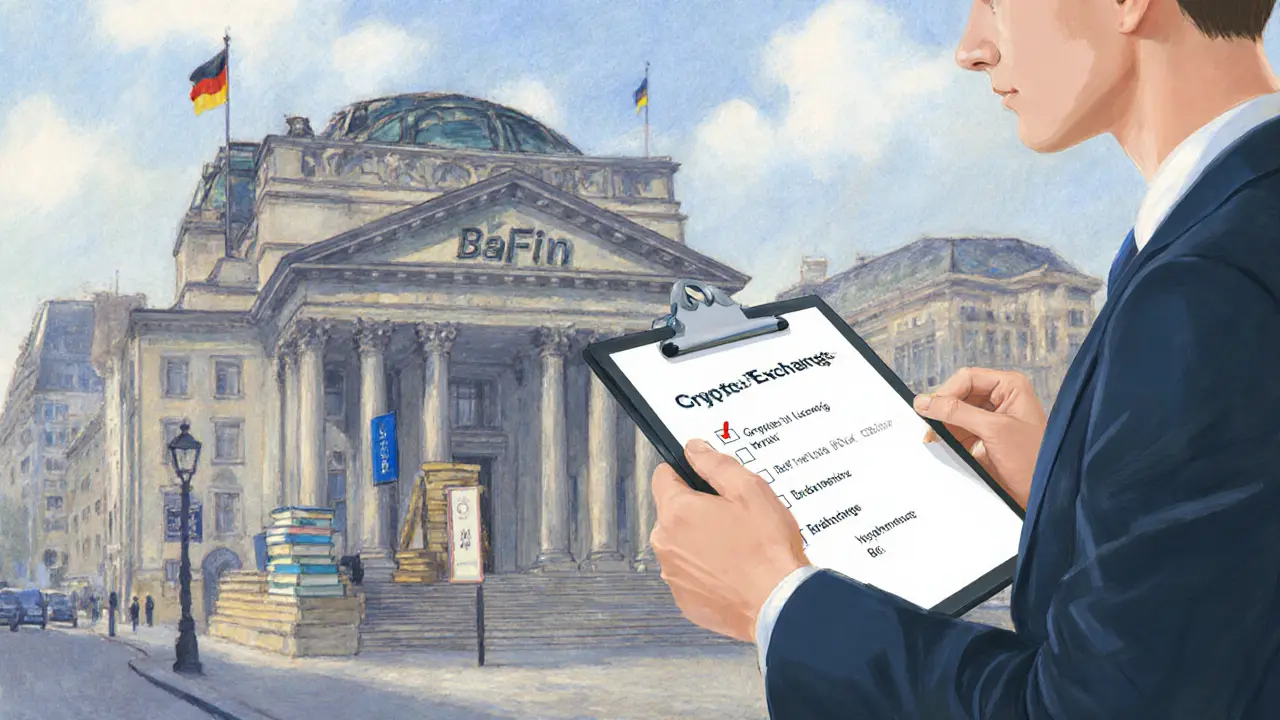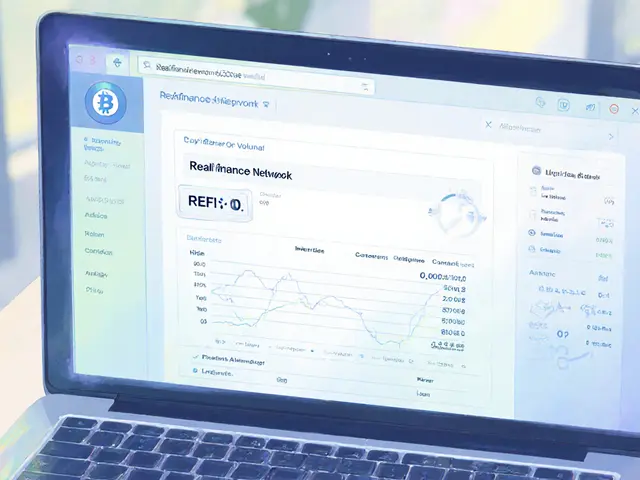Crypto Exchange License: Rules, Process, and Global Insights
When working with crypto exchange license, the official permission that lets a platform legally offer buying, selling, and trading of digital assets. Also known as exchange permit, it forms the legal backbone for any crypto marketplace.
Obtaining a crypto regulation, the set of rules a government enforces on digital‑asset businesses is the first hurdle. Most jurisdictions demand proof of AML compliance, robust anti‑money‑laundering procedures that monitor transactions and verify users. The relationship is clear: crypto exchange license requires meeting AML standards, and those standards are defined by the broader crypto regulation framework.
Key Elements of a Crypto Exchange License
Three core components shape the licensing process. First, the applicant must submit a detailed business plan outlining how the platform will handle custody, order matching, and customer support. Second, a thorough security audit is needed; regulators check smart‑contract code, cold‑storage design, and incident‑response protocols. Third, financial fitness is evaluated – proof of capital reserves, insurance, and transparent accounting are non‑negotiable. These elements together create a compliance checklist that any aspiring exchange must tick.
Geography matters a lot. The UAE crypto hub, a fast‑growing ecosystem that offers clear licensing pathways, tax incentives, and a supportive regulator has become a popular launchpad for new exchanges. Because the UAE’s framework emphasizes swift approval and robust AML/CTF (counter‑terrorist financing) controls, many startups choose it to speed up market entry. In contrast, regions with stricter data‑localisation rules may require additional layers of compliance, extending the timeline.
Beyond the paperwork, ongoing obligations keep a license active. Regular reporting to the financial authority, periodic security re‑audits, and updates to KYC (know‑your‑customer) procedures are mandatory. Failure to comply can trigger fines or revocation, so operators treat the license as a living document rather than a one‑time grant.
Below you’ll find a curated collection of articles that unpack each piece of the puzzle – from step‑by‑step licensing guides and regional case studies to deep dives on AML best practices and reviews of exchanges that have successfully navigated the process. Dive in to see how the rules, the process, and real‑world examples connect to help you secure your own crypto exchange license.

A practical guide covering Germany's crypto exchange regulations, BaFin licensing steps, token classification, AML duties, tax reporting, and a compliance checklist for 2025.
Jonathan Jennings Aug 8, 2025




